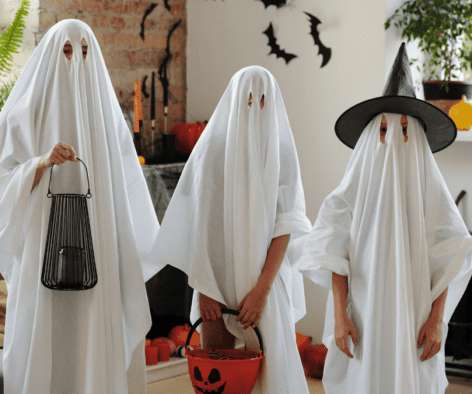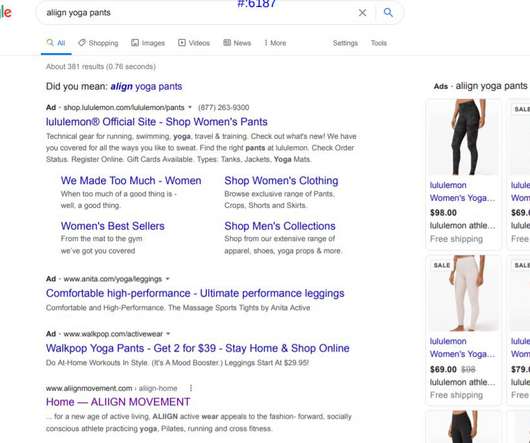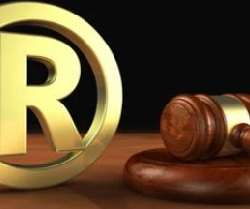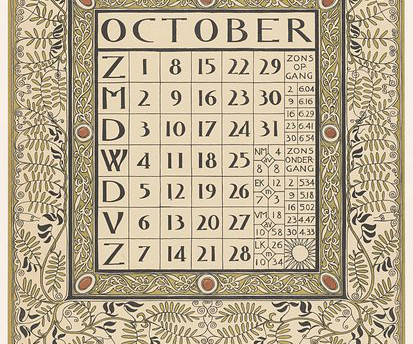Understanding Copyright, Trademark and Halloween Costumes
Plagiarism Today
OCTOBER 26, 2021
To answer that and other questions about Halloween costumes, we have to step back and look at how copyright and trademark law apply to costumes. Simply owning a costume doesn’t mean that you own the copyright to the character or the trademark to their name and appearance. Copyright and Halloween Costumes. Bottom Line.












Let's personalize your content